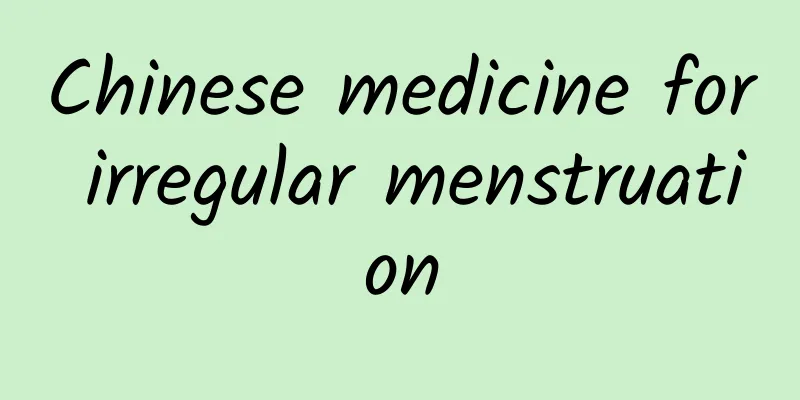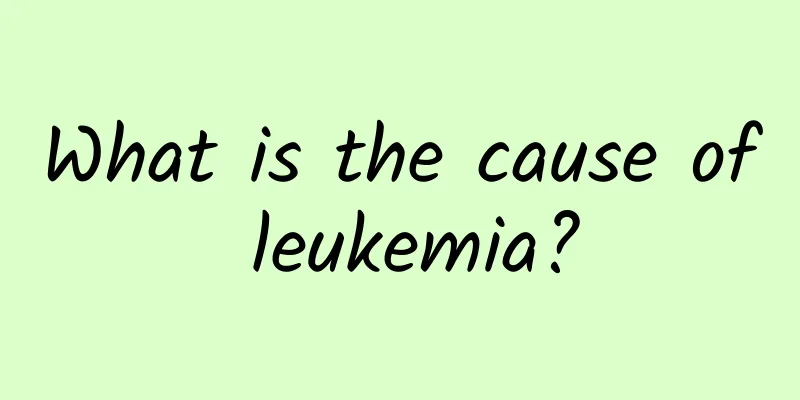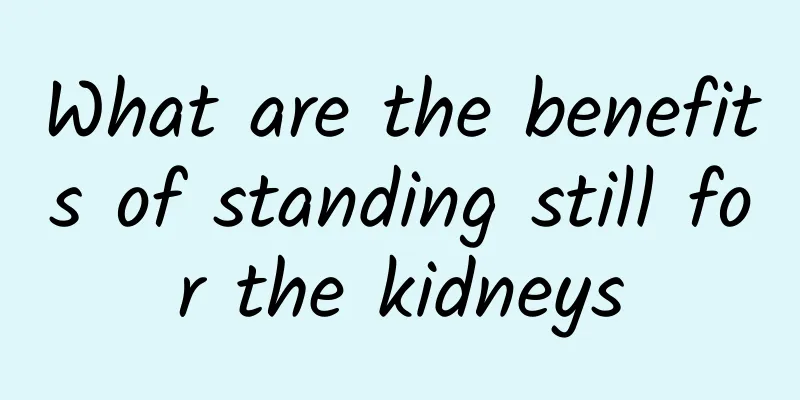How to stop itching when wound heals

|
For larger or deeper wounds, patients may find the wounds itchy during the healing period. Don’t worry too much about this phenomenon. Generally, this phenomenon is a sign of granulation tissue growth, indicating that the wound is gradually improving. At this time, do not scratch and avoid scratching. Pay attention to diet adjustment, do not eat spicy food, and do not eat food that may cause adverse stimulation to the skin. How to stop itching when wound heals What to do if the wound itches after healing 1. When the wound is itchy, do not scratch it, rub it with clothes, or wash it with hot water, so as not to aggravate the itching or cause the wound to become infected, thereby delaying wound healing. When the wound itches, you can read a book or do other things to divert your attention. 2. A small number of people's wounds will itch significantly due to sweating, weather changes, etc. Under the guidance of a doctor, you can apply anti-inflammatory and anti-allergic ointments, such as dermatitis ointment. 3. Patients with wound healing should also pay more attention to their daily diet, drink less or avoid alcohol, eat less or no spicy foods such as peppers, onions, garlic, etc., so as not to aggravate the itching. It is advisable to eat more fresh green vegetables and fruits, eggs, lean meat, pork skin and other foods rich in vitamins and essential amino acids for the human body. What are the processes of wound healing? Generally speaking, the wound healing process can be divided into three stages: the first stage is the process of coagulation and hemostasis; the second stage is the aggregation of white blood cells in the wound to resist infection; the third stage is the proliferative stage, during which new blood vessels and nerves are formed, and fresh granulation tissue grows. Wound itching occurs in the "final stage" of wound healing - the proliferative stage. Factors that affect wound healing 1. Age (especially for the elderly, the healing speed will be slow) 2. Poor tissue oxygenation and perfusion 3. Wound infection, contamination, or systemic sepsis 4. Anemia (hemorrhagic and chronic) 5. Nutritional status (malnutrition/obesity, deficiency of vitamin A or C, zinc, iron or copper) 6. Stress (physical or psychological) 7. Medical history (liver failure, vascular disease, diabetes, chronic obstructive pulmonary disease, uremia, cancer, chronic alcohol addiction, immunosuppression, etc.) 8. Medication history (especially steroids and hormones that affect healing speed) 9. Radiation and chemotherapy 10. Sutures, drains, foreign objects, packings or dressings (moist therapy makes healing easier) 11. Patient compliance with treatment plan 12. Maintenance and diet (smoking, drinking, spicy food, etc. all affect the healing speed, wound location and blood circulation, whether the wound is stressed again) 13. Other special circumstances |
<<: Does it hurt to wash wounds with hydrogen peroxide?
>>: Will the wound granulation tissue disappear on its own?
Recommend
How to perform manual repositioning of otolithiasis
The treatment for otolithiasis includes manual re...
Is Chinese medicine belly button patch effective for weight loss?
There is a very popular weight loss product on th...
How long after a meal is it better to take Chinese medicine?
Compared with Western medicine, Chinese medicine ...
Bloody urine
Most people will observe the color of their urine...
What are the dangers of taking Gongxuening during menstruation?
Menstruation is a normal physiological problem fo...
What does black ears indicate?
The ear is mainly an organ for listening to exter...
Neurological disorders
In our daily life, people's nervous system is...
What is white spot on gums?
Most people will have this problem of leukoplakia...
What to do if you have a terrible toothache in the middle of the night
I believe many of my friends have experienced sev...
Is it necessary to get the 7-valent pneumonia vaccine?
The 7-valent pneumococcal vaccine can actually ef...
Common geriatric diseases
The most common diseases among the elderly as the...
Why is my body swollen during my period?
Menstrual edema is a common phenomenon during men...
Dry and bleeding nose
With the continuous improvement of modernization,...
The advantages and disadvantages of thread embedding
The thread embedding therapy in Traditional Chine...
What is the medicinal value of red beans?
In daily life, red beans are often mixed with oth...









